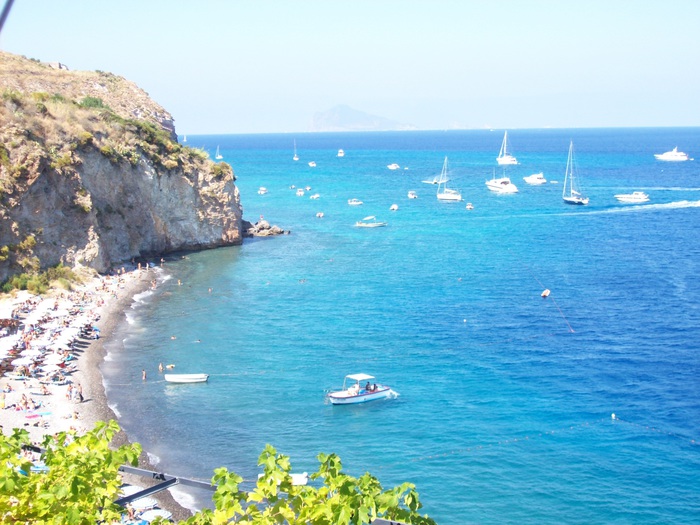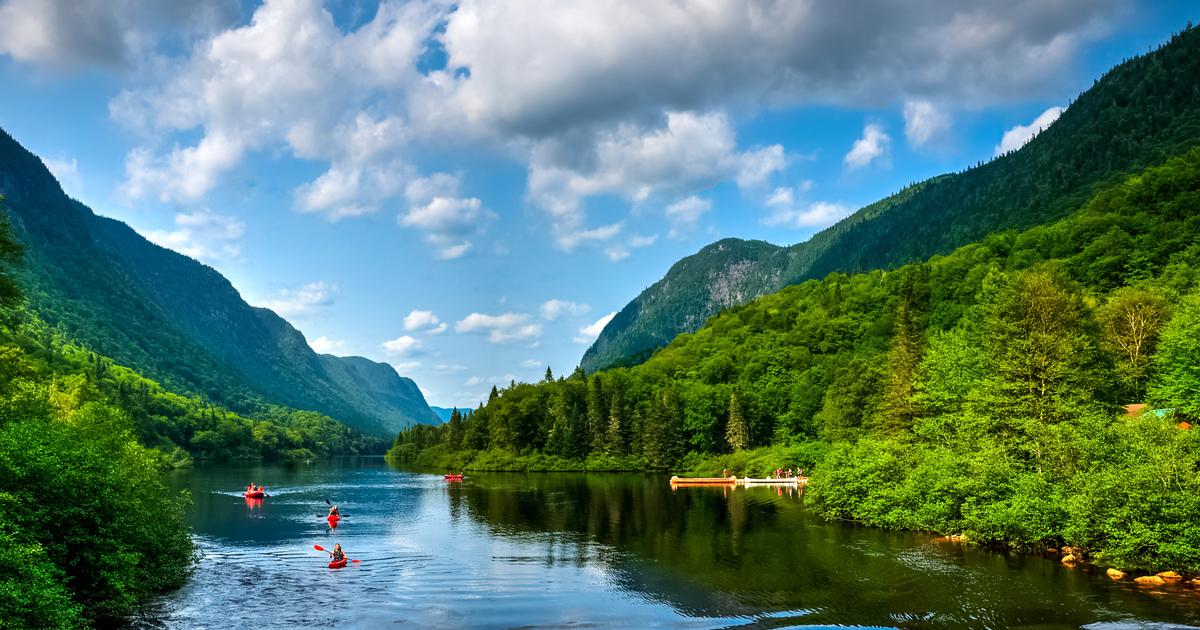COP15: a historic agreement on biodiversity adopted in Montreal
Cảnh sát đi qua trung tâm tổ chức Hội nghị đa dạng sinh học COP15 tại Montreal, Canada, ngày 14/12/2022.
AP - Ryan Remiorz
Text by: RFI Follow
4 mins
After long hours of negotiations, the United Nations Conference on Biodiversity in Montreal on Monday adopted the principle of a "global framework for biodiversity", a roadmap of 23 objectives to try to stop the destruction of nature. by 2030.
Advertising
Read more
“
The agreement has been adopted
,” said Huang Runqiu, the Chinese president of COP15, in Montreal overnight as he sounded a hammer.
After four years of difficult negotiations, ten days and a night of diplomatic marathon, more than 190 States have reached an agreement.
This “
pact of peace with nature
” called “Kunming-Montreal agreement” aims to protect lands, oceans and species from pollution, degradation and the climate crisis.
DEAL
Tonight, we make history at #COP15.
The Kunming-Montreal deal for Nature & people all over the world.
30% degraded ecosystems on land & sea to be restored by 2030
30% terrestrial & marine areas conserved & managed by 2030 pic.twitter.com/CGVx9ilK59
— Virginijus Sinkevičius (@VSinkevicius) December 19, 2022
30% of the planet protected and degraded lands restored
Concretely, the countries have agreed on a roadmap aiming to protect 30% of the lands and seas by 2030. This will be done “
through networks of ecologically representative, well-connected and equitably managed
” and “
while ensuring that any sustainable use (...) is fully compatible with the objectives of conservation
”.
The objective is therefore global and not national, implying that some do more than others, or do more on land than at sea. These 30% are a minimum for scientists and NGOs, who believe that 50% would be necessary.
To date, 17% of the land and 8% of the seas are protected.
Second objective: restore 30% of terrestrial ecosystems, inland seas and degraded coastal and marine ecosystems.
The negotiations were marked by a long bargain between the North and the South: more ecological ambitions in exchange for more international subsidies, and vice versa.
In the end, the text endorses the objective for rich countries to provide “
at least 20 billion dollars per year by 2025, and at least 30 billion dollars per year by 2030
”.
That is about double and then triple the current international aid for biodiversity.
Another objective that was not planned or not necessarily won in advance: the reduction of pesticides.
The agreement aims to reduce "
the risks of pollution and the negative impact of pollution from all sources, by 2030, to levels which are not harmful to biodiversity
".
A long showdown has pitted the European Union against countries like Brazil, India and Indonesia.
DRC Opposition
But there are also weaknesses in this text, underlines our special correspondent in Montreal,
Lucile Gimberg
.
As a reminder, almost no objective set in the previous agreement, in 2010 in Aichi, has been achieved at its end, in 2020. This time, the countries have therefore adopted a common planning and monitoring mechanism, with indicators accurate.
A mechanism that will still have to prove itself.
The text remains less binding than that on the Paris climate agreement.
And then obviously this disappointment of a certain number of countries of the South, in particular African countries, on the financing which increases, but which does not live up to their expectations.
Moreover, after the applause that followed the agreement, there was a moment of tension.
The Democratic Republic of Congo has indeed expressed its opposition to this agreement because of the absence of a dedicated fund for the countries of the South.
It was one of the big requests.
She denounced a financial "lack of ambition" while the DRC in particular, and the countries of the Congo Basin, will have to spend a lot of money to protect biodiversity in their natural spaces.
Cameroon spoke of "
forced passage
".
“Historical” agreement
Nevertheless, this agreement is described as "
historic
" by the President of the European Commission Ursula von der Leyen.
"
Historic
" also for Christophe Béchu, Minister of Ecological Transition.
We have an agreement that includes pesticides, we have an agreement that specifies that we will have to eliminate subsidies that are harmful to biodiversity, we have commitments, not only until 2050, but with dates, which concern 2030 , and we have funding, even if some countries find that it does not go far enough, which doubles between now and 2025, and which triples by 2030!
We have to look where we are starting from.
For all these reasons, this is an absolutely historic agreement.
Christophe Béchu, Minister of Ecological Transition
Lucile Gimberg
“
The protection of nature today takes its rightful place, right next to the climate, Espen Eide,
welcomed the Norwegian Minister of Climate and Environment.
For five or six years, the climate has become a top-level subject.
Heads of state and government, big bosses, big organizations are working seriously on the climate.
But we haven't paid enough attention to nature.
Yet we are living through a climate crisis and a nature crisis.
And we have to rebalance these two battles.
It is not only a question of reducing our greenhouse gas emissions but also of preserving biodiversity.
And I think that this international framework will have a material effect on the world.
For governments, NGOs, companies that want to develop their investments while respecting nature more.
And that sets the course for the next COPs.
Let's be clear, I would have liked a stronger text.
But I think
»
(
With
AFP)
Newsletter
Receive all the international news directly in your mailbox
I subscribe
Follow all the international news by downloading the RFI application
Biodiversity
Environment
Climate
Climate change
oceans
Wildlife



/cloudfront-eu-central-1.images.arcpublishing.com/prisa/6W5UW5NK5ZH77N2RSC3TBYR33Y.jpg)
/cloudfront-eu-central-1.images.arcpublishing.com/prisa/HIITBIJJ2HQW3PIAKJFZ2ZF5MQ.jpg)




